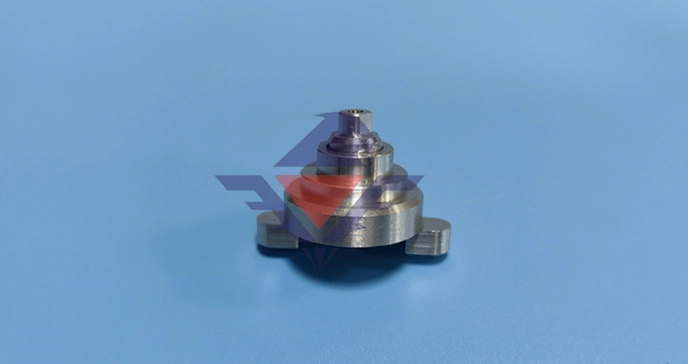
# Precision Swiss Screw Machining for Complex Components
## What is Swiss Screw Machining?
Swiss screw machining is a specialized manufacturing process that excels in producing high-precision, complex components with tight tolerances. Originating from Switzerland’s watchmaking industry, this advanced machining technique has evolved to serve various industries requiring intricate parts with exceptional accuracy.
The Swiss-type lathe, the centerpiece of this process, differs from conventional lathes by using a sliding headstock and guide bushing system. This unique configuration provides superior stability and precision when machining small, slender parts that would otherwise deflect during conventional turning operations.
## Key Advantages of Swiss Machining
Swiss screw machining offers several distinct benefits for manufacturing complex components:
– Exceptional precision with tolerances as tight as ±0.0001 inches
– Ability to machine small, delicate parts without deflection
– Simultaneous multi-axis machining capabilities
– Reduced secondary operations due to complete part completion in one setup
– Excellent surface finishes without additional processing
– High production efficiency for large volume runs
## Industries That Benefit from Swiss Machining
The precision and versatility of Swiss screw machining make it ideal for numerous industries:
### Medical Device Manufacturing
The medical industry relies heavily on Swiss machining for producing surgical instruments, implants, and diagnostic equipment components that demand micron-level precision and biocompatible materials.
### Aerospace and Defense
Critical aerospace components such as fuel system parts, fasteners, and sensor housings benefit from Swiss machining’s ability to work with high-strength alloys while maintaining strict tolerances.
### Electronics and Microtechnology
Connectors, pins, and other miniature electronic components are perfectly suited for Swiss machining’s capability to produce tiny, complex geometries with high repeatability.
### Automotive
Fuel injection systems, transmission components, and sensor housings in modern vehicles often require the precision and efficiency of Swiss screw machining.
## Materials Suitable for Swiss Machining
Swiss-type lathes can work with a wide range of materials, including:
– Metals: Stainless steel, titanium, aluminum, brass, copper, and various alloys
– Plastics: PEEK, Delrin, PTFE, and other engineering plastics
– Exotic materials: Inconel, Monel, and other superalloys
## Choosing the Right Swiss Machining Partner
When selecting a Swiss machining provider for your complex components, consider these factors:
– Experience with similar parts and materials
– Quality certifications (ISO, AS9100, etc.)
– Advanced inspection capabilities
– Prototyping and production volume flexibility
– Technical support and engineering expertise
The right partner will help optimize your designs for Swiss machining efficiency while ensuring the highest quality standards are met.
Keyword: Swiss Screw Machining
## Future of Swiss Screw Machining
As industries continue to demand smaller, more complex components with tighter tolerances, Swiss screw machining technology evolves to meet these challenges. Advancements in machine tool technology, cutting tools, and automation are making Swiss machining more precise and productive than ever before.
From medical implants to aerospace components, Swiss screw machining remains at the forefront of precision manufacturing, enabling the production of parts that would be impossible or impractical to make using conventional methods.